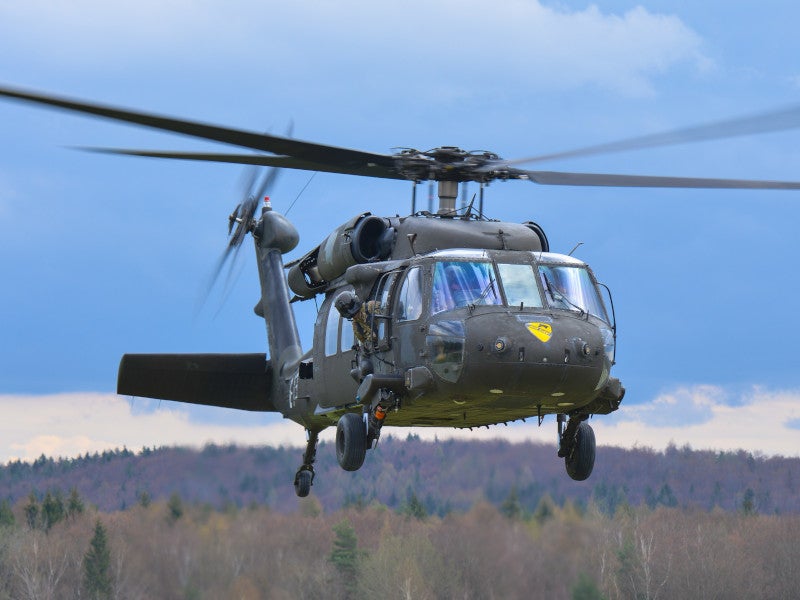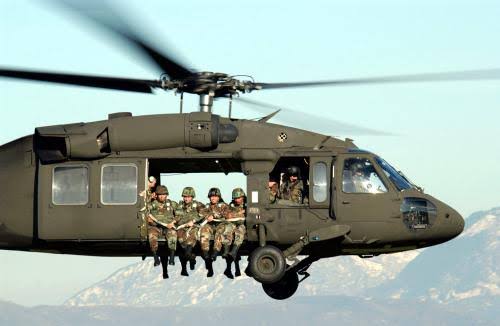The Function of Aircraft in Shaping Global Transport and Profession Dynamics
The evolution of aircraft has indelibly changed worldwide transport and trade characteristics, assisting in extraordinary degrees of connection and effectiveness. Via the facility of durable air freight networks, services can currently browse worldwide markets with amazing speed and dexterity, thus redefining supply chain techniques. This makeover is not without its challenges, as the aeronautics market grapples with sustainability concerns and governing pressures. As we discover the diverse effects of airplane on global profession, it is important to consider exactly how these aspects will shape the future landscape of air travel and its role in the economic climate.

Evolution of Air Transportation
The evolution of air transport has actually been noted by significant technical developments and advancements that have actually transformed the means individuals and items move throughout the globe. From the Wright siblings' very first powered flight in 1903 to the development of supersonic jets, each turning point has emphasized the ruthless pursuit of efficiency and speed in flight. Early airplane were mainly rudimentary, limited by engine power and architectural integrity. Nonetheless, the intro of sophisticated materials and the rules of aerodynamics in the mid-20th century brought about considerable renovations in airplane security, integrity, and performance. uh 60.
The last component of the 20th century witnessed the development of industrial aviation as a practical mode of transportation, characterized by the introduction of jet engines, which changed air traveling by substantially lowering flight times. Additionally, technologies in navigating and interaction innovations have improved functional efficiency and safety, enabling more complex trip paths and routines. The increase of air freight in parallel with traveler services has actually better emphasized the versatility of aeronautics. As we aim to the future, arising innovations such as independent and electric aircraft pledge to redefine the air transportation landscape, ensuring ongoing evolution and adjustment to international demands.
Influence On Global Profession
Air transportation has actually profoundly improved international trade by helping with the swift movement of goods across huge ranges. This expedited logistics ability permits companies to react swiftly to market needs, thus boosting supply chain effectiveness. The capability to transport disposable items, high-value items, and time-sensitive products has actually opened up brand-new markets and possibilities for numerous markets, considerably affecting profession patterns.
In addition, the growth of air cargo networks has actually cultivated globalization, enabling business to resource materials and products from different parts of the globe perfectly. This interconnectedness reduces preparations and prices, enabling services to stay affordable in an increasingly international industry. In addition, air transport plays a critical duty in shopping, where customer expectations for fast shipment have actually driven a surge popular for air freight services.
The impact of airplane on global trade encompasses the creation of tactical trade paths, linking regions and helping with international partnerships. Countries that purchase air transport framework often experience enhanced economic growth and increased foreign straight financial investment. On the whole, the advancement of air transportation has not only transformed the logistics landscape however has likewise end up being a crucial part in the characteristics of worldwide trade.

Financial Advantages of Aviation
A robust air travel market generates significant financial advantages, contributing to job production, tourism, and general economic development - uh 60. The aeronautics market sustains millions of jobs internationally, ranging from direct work in airlines and airport terminals to indirect duties in markets such as friendliness, transportation, and logistics. According to industry records, for each job in the aeronautics market, roughly 3.5 added tasks are produced in the more comprehensive economic situation
Tourist is a critical aspect of the financial advantages stemmed from air travel. Air go to these guys travel assists in worldwide tourism, permitting tourists to explore diverse destinations, which consequently promotes neighborhood economic situations. Nations that buy their aviation infrastructure commonly experience increased traveler arrivals, causing greater spending on services such as destinations, restaurants, and resorts.

Moreover, aeronautics improves global connectivity, making it possible for services to access brand-new markets and resources efficiently. As a result, fields such as ecommerce and manufacturing advantage immensely from reputable air transportation, further driving economic development.
Challenges Dealing With the Aviation Sector
Browsing a complex landscape of governing, environmental, and financial difficulties, the air travel market encounters significant obstacles that endanger its sustainability and development. Laws bordering security and safety and security are consistently developing, requiring continuous compliance and adaptation from makers and airline companies (uh 60). This can result in raised operational expenses and resource appropriation that interferes with technology and expansion efforts
In addition, environmental issues have actually ended up being extremely important, with growing scrutiny over carbon discharges and environmental pollution. The market is under stress to adopt greener innovations and methods, which usually need significant financial investment in study and growth. Balancing these ecological duties with the need for air travel offers a considerable difficulty.
Economic changes, such as rising fuel costs and geopolitical unpredictabilities, even more make complex the landscape. Airlines regularly useful source come to grips with volatile operating expense and rising and fall guest need, which can impact success and long-lasting preparation. Labor scarcities and skill spaces in critical locations add another layer of intricacy, preventing operational effectiveness.
Eventually, addressing these diverse challenges is necessary for the aviation industry to maintain its crucial duty in worldwide transportation and trade, while guaranteeing resilience and adaptability in a significantly open market.
Future Patterns in Flight
Emerging technologies and shifting consumer choices are positioned to reshape the future of air travel considerably. The integration of expert system and artificial intelligence is expected to boost operational performance, enhance airport procedures, and enhance customer care. Anticipating analytics will facilitate much more precise demand projecting, allowing airline companies to optimize flight routines and pricing designs.
Sustainability is coming to be a crucial vehicle driver in flight, here are the findings with the aeronautics sector progressively focused on decreasing carbon exhausts. Developments in aircraft design, such as electrical and hybrid propulsion systems, are being discovered to satisfy ecological targets. The adoption of sustainable aviation gas (SAFs) is expected to play an essential function in achieving net-zero discharges by 2050.
Customer choices are moving towards personalized traveling experiences. Airline companies are buying sophisticated information analytics to tailor solutions and boost customer involvement, guaranteeing an extra tailored journey from booking to arrival. Additionally, the rise of remote work might lead to boosted demand for recreation traveling, as individuals look for to integrate work and trip.
Final Thought
Finally, aircraft substantially influence global transportation and trade dynamics by facilitating rapid movement and improving supply chain performance. The evolution of air transportation has actually transformed global profession, generating significant economic benefits while also offering challenges that require strategic management. Future patterns indicate a continued reliance on aviation for commerce, emphasizing its important duty in globalization and economic advancement. The recurring adjustment of the aviation industry will certainly be crucial for sustaining its payments to the global economy.
The latter component of the 20th century observed the emergence of industrial aeronautics as a feasible setting of transport, defined by the introduction of jet engines, which changed air traveling by considerably decreasing flight times. The rise of air cargo in parallel with passenger services has better underscored the convenience of air travel. Furthermore, air transportation plays a crucial role in ecommerce, where customer assumptions for quick distribution have driven a surge in need for air products solutions.
Generally, the development of air transportation has not just transformed the logistics landscape however has also end up being a vital component in the dynamics of global trade.
Sustainability is coming to be an essential motorist in air travel, with the air travel industry increasingly focused on minimizing carbon exhausts.